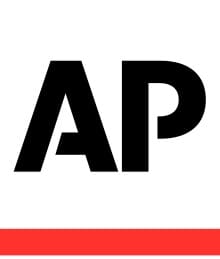Selective Media Access: The Implications in a Democracy
In an unprecedented shift, the current administration has taken steps to assert control over the media outlets covering its activities.
MEDIAFREE SPEECH


The Rise of Controlled Journalism
In an unprecedented shift, the current administration has taken steps to assert control over the media outlets covering its activities. Recently, President Trump announced that only select, approved press organizations will be permitted access to the White House to pose questions. This move raises significant concerns about the state of democracy and transparency in our government.
Press Freedom Under Threat
The media plays a crucial role in a democratic society, serving as a conduit between the government and its citizens. By limiting press access to only those outlets that align with his administration's narrative, Trump is effectively undermining the foundational principles of democracy. This action risks transforming open discourse into a controlled environment where the narratives presented are curated and potentially misleading.
The Slippery Slope to Authoritarianism
When a government dictates which press outlets can ask questions, it raises alarm bells regarding the health of our republic. Such practices evoke comparisons to monarchies or dictatorships where only state-sanctioned voices are heard. The power to shape public opinion becomes concentrated, leading to a disservice to the populace who depend on a free press to hold their leaders accountable.
The trend of restricting media access to a select few corporations is a dangerous path. It is crucial for both citizens and lawmakers to recognize the value of diverse journalism and advocate for true transparency. Without robust discussions from varied viewpoints, we risk slipping further into an era of controlled narratives, distancing ourselves from the ideals of a representative democracy.